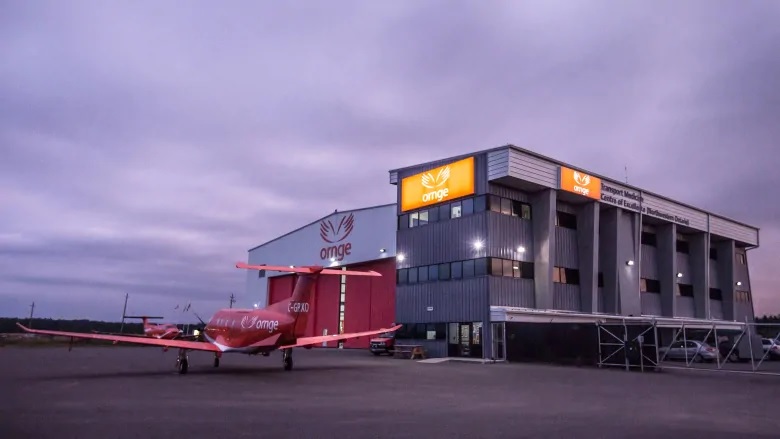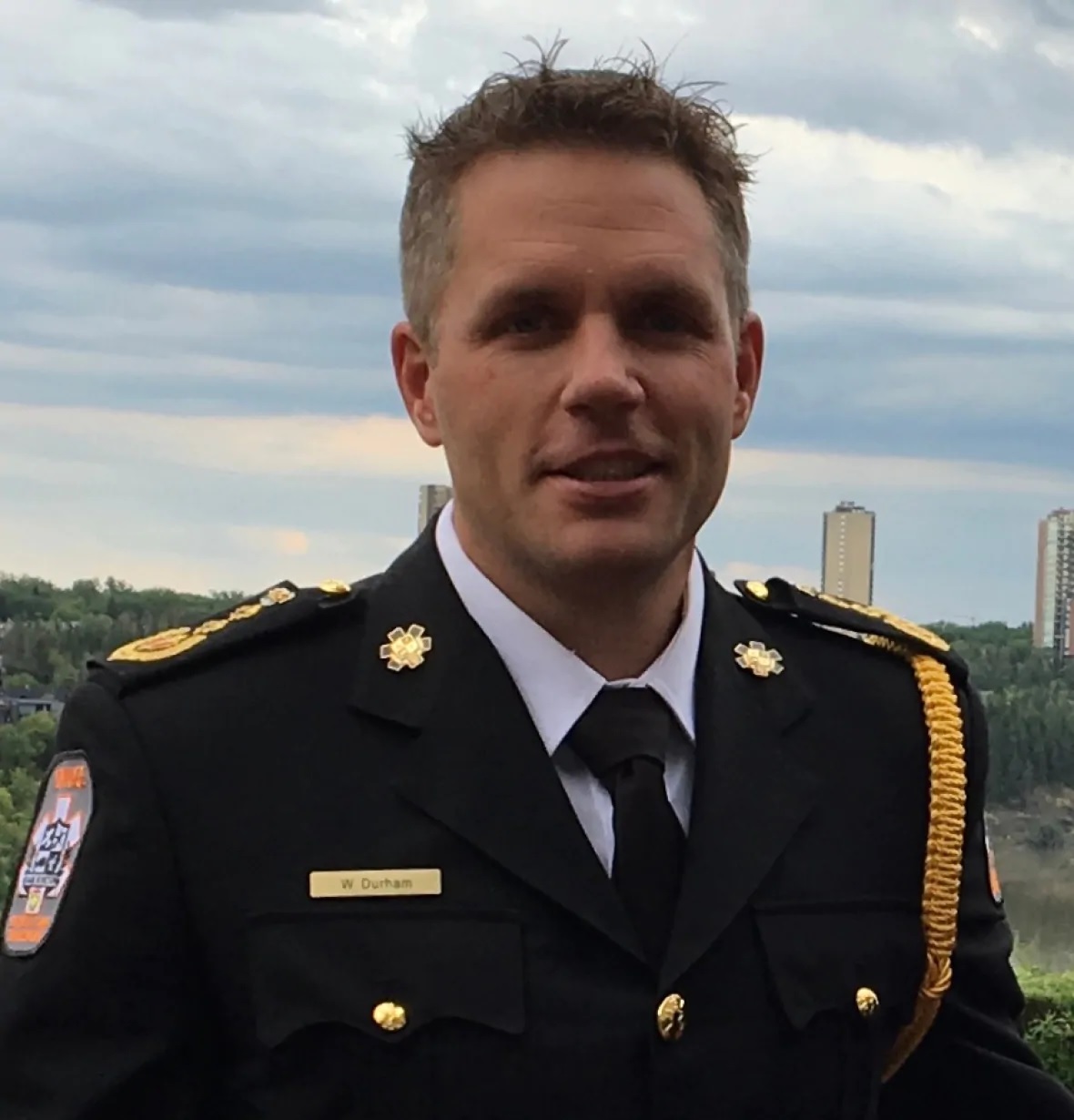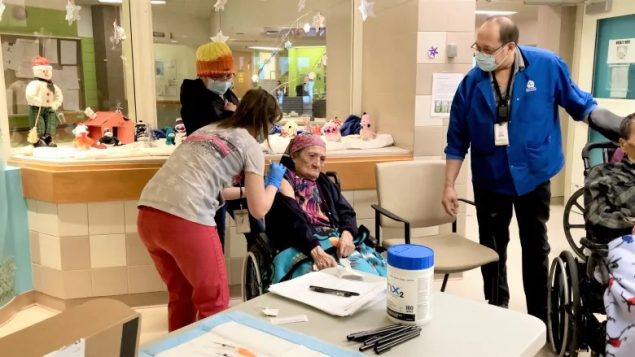Operation Remote Immunity is up and running–delivering some 32,000 doses of Moderna vaccines to 31 isolated First Nations communities in Northern Ontario, many of which can only be reached by air.
The goal of the project–led by Ornge, Ontario’s air ambulance service—is to have the 31 communities–all of whom are part of Nishnawbe Aski Nation–receive both doses of the COVID-19 vaccine by the end of April.

Over the next three months, Ornge teams will bring the vaccine to 31 Nishnawbe Aski Nation communities.(Supplied by Ornge)
Healthcare providers taking part have been divided into six groups of six–with teams meeting each morning at the airport in one their respective hub cities–Thunder Bay, Sioux Lookout, Sudbury and Moosonee.
“They’ll travel into the community for the day and provide vaccines for about seven to eight hours on the ground,” Wade Durham, chief operating officer of medical operations for Ornge, told CBC News in a January interview.

Wade Durham, chief operating officer of medical operations for Ornge, says communication between his operational team and the First Nations is critical for the success of the vaccination program. (Supplied by Ornge)
“They’ll return to the hub location for the night, and then they’ll do everything over again the next day until we vaccinate the entire community and anybody who wants a vaccine has an opportunity to receive it,” said Durham.
Durham says a key to ensuring Operation Remote Immunity’s success is clear, consistent communication–“making sure everything on the ground is ready in terms of the location. For example…we’ll need drivers and support staff in the communities.”
Another will be maintaining the trust of the First Nations communities.

Operation Remote Immunity officially began Monday. (Supplied by Ornge)
All the healthcare workers have received cultural sensitivity training.
“A lot of the [healthcare providers] are going to be coming in from southern Ontario and some of them haven’t been up to northern Ontario, let alone some of the communities that they’ll be going into,” Durham told CBC News.
“At the end of the day, we are guests in these communities and we want to make sure everybody knows where they’re going, some of the history of Indigenous people in the communities, some of the current realities that the providers will be facing.”
With files from CBC News (Logan Turner), The Canadian Press







For reasons beyond our control, and for an undetermined period of time, our comment section is now closed. However, our social networks remain open to your contributions.